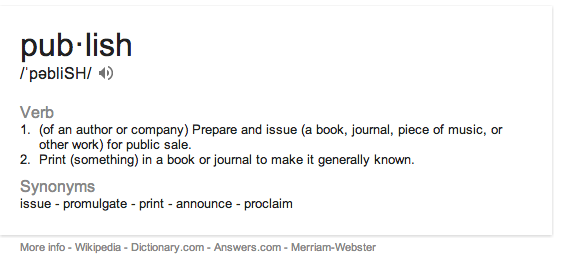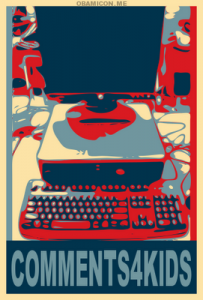Just over 2 years ago I wrote a post about blog commenting.
COMMENTING ON BLOGS – MORE QUESTIONS THAN ANSWERS
Recently I have had a number of conversations with teachers about blogging, some long term bloggers, others newcomers. The subject of comments always comes up. When I wrote my previous post, Bev Novak, said the “comments are the cherry on top” of her blogging experience. Other readers admitted to lurking and seldom commenting. In general though, there was an understanding that comments are important in the blogging process – the feedback and interaction with readers an integral element.
Our school has worked hard over the past few years to encourage class blogs. Our starting point has always been to connect to our parent community – open our classroom walls so to speak. Our teachers have also worked at global connections through Quadblogs and by connecting with community experts etc. We publicise our blog posts through emails to our parents and by Twitter to our broader networks.
In the recent discussions we have remarked at how hard it is to actually elicit comments from our readers. Once again we acknowledge that we do have an audience, our visitor statistics prove this but the two way conversations are few and in fact disappointing. We have heard anecdotally that many readers still lack confidence in commenting. Worries stem from not knowing what to say, to seeming over-eager, to favouring one class/student blog over another.
I believe it is still in the mindset of many that they do not have anything to offer or fear exposing themselves as a learner too! I still strongly believe that the process of creating a class or personal blog is extremely worthwhile and I actively encourage many teachers to begin this pathway. One of the ‘benefits’ I cite when talking to teachers about blogs is the fact that you create an audience for your work and comments are the mechanism for feedback from that audience. I understand a class teachers disenchantment with the process if they are receiving little or no feedback.
There obviously remains much work to be done to build the communication culture with our students, their parents and the wider community. On reflection, this is not really surprising as although blogging seems old news to many of us, it is still early days for many. We need to be creative in ways to elicit feedback, continue asking questions, use polls etc but not give up. We also need to continue to teach commenting skills, embed this communication into our practice. Once again much inspiration in this area can be found from Silvia Rosenthal Tolisano, in particular her recent posts on Making Blogging Visible. This is a snippet from a wonderful infographic (click picture to see the full graphic).



